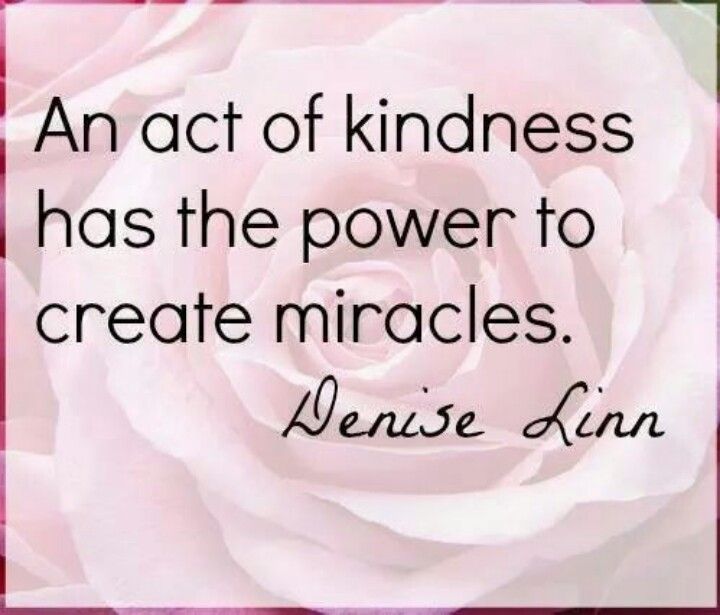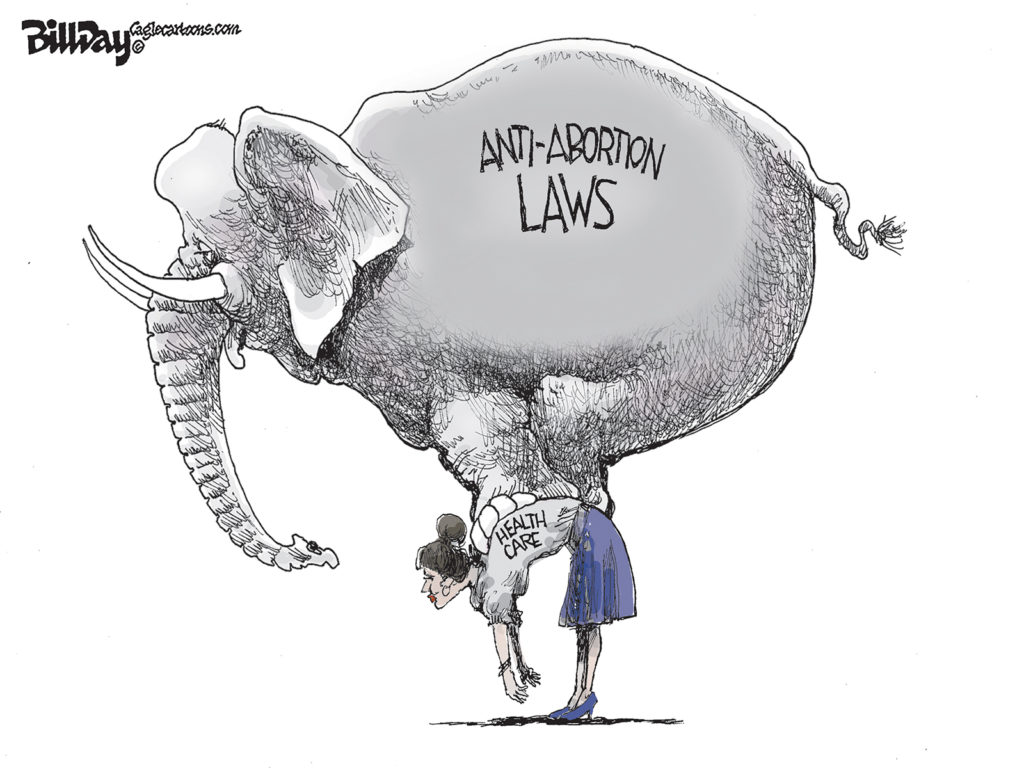I’m not sure where I was expecting to stumble across the meaning of Christmas, but I’m certain that I didn’t expect it to be a gas station in the hardscrabble part of Memphis at Macon Road and Sycamore View Road.
It’s an area that’s clearly seen better days. It has a forlorn and fatigued quality to it. South of the intersection are three large prisons – federal, state, and county – and to the east are modest homes that housed working class families proud of their neighborhood and now dwarfed by large-scale apartment complexes that exude a “housing of last resort” feeling.
The area is dominated by cheap hotels, struggling restaurants, and nondescript retail buildings like postage stamps on huge parking lots. All in all, it is a searing indictment of the careless way we often treat blue collar neighborhoods.
It’s an area many of us know well because we pass through it on our way to and from Shelby Farms Park. It was after leaving a meeting at the park and on my way to I-40 that I pulled into a BP station for a Diet Coke.
There was a twentysomething man slumped by the door into the station’s convenience store, a not uncommon sight in these struggling sections of the city. He was dressed in rumpled gray clothes, and he hesitantly made eye contact and asked if I could “spare him some money.”
“What would you do with it if I gave it to you?” I asked, always reluctant to offer up money if it seems destined to be spent on a personal stimulant of choice.
“I’d buy something to eat,” he said.
“Then, come inside and I’ll buy it for you,” I said.
Inside the store were the gas station’s clerk and a man in his forties who was chatting her up. I got my Diet Coke and stood to the side. “I’m just talking,” the man said, smiling broadly at the headway he seemed to be making. “You can go ahead and check out.”
I pointed to the young man at the back of the store. “I’m waiting on him,” I said, just as the young man came forward with a soft drink and a honey bun.
“Is that all you’re going to get?” I asked. It was the most meager amount of food I had ever bought for someone asking for money. “Aren’t you going to want a sandwich or something for lunch?”
“No, this is all I need,” he said. “I’m fine.”
The man talking to the clerk had turned and was listening to our conversation.
I asked again: “Are you sure? You’re going to be hungry in an hour or so.”
He shook his head and said in an apologetic tone: “Someone stole my back pack, but this is all I need.”
It was then that the man, hereafter called the Samaritan, who had been listening to this conversation joined in, speaking directly to the young man: “Are you looking for a job? Do you want to work? Are you willing to work?”
“Yes,” the young man answered after a slight pause.
“I can give you a job in a warehouse tomorrow if you’re willing to work. And if you can drive a fork lift, I can pay you even more.”
The young man’s face lit up: “I’m certified to drive a fork lift, but the certificate was in my back pack. I can get a copy.”
“Get a copy of your certification and you can go to work immediately,” the man said.
By now, I’m paying the clerk and I turn to the young man. “If you’re looking for a miracle this Christmas, this is yours,” I said. “I hope you’ll make the most of it?”
I’m watching the young man closely. He’s like many of the people who ask for money in public places in Memphis; it’s hard to escape the suspicion that maybe he has a problem that’s bigger than needing a job.
That’s when the second part of this surprising encounter takes place.
The man offering the job looked the young man in the eye. “I’m also a counselor at Serenity House, and if you need some other help besides a job, we can help you,” he said. Serenity Recovery Centers, founded as Serenity House 44 years ago by a group of recovering alcoholics, is a residential treatment program for men dealing with alcohol and drug addiction.
What makes it a trusted name in Memphis is its philosophy: to “look deeper into underlying issues behind lifelong patterns of self-destructive behaviors.” The man adds: “I don’t know if you have any problems that you need help with, but Serenity House can get you off the street and into a room if you do.”
The young man has no reaction to the offer, but the other man continues. “Here’s my business card, and I’m writing my cell phone number on the back of it. You can call me anytime and I can help.”
The young man seems anchored in place, apparently unable to grasp that he’s been offered lifelines that can change everything. “I will call you,” he said in a tone whose intent seemed as much to convince himself as us.
The Samaritan added: “I really hope you do. I know I’m black and you’re white, but that doesn’t matter when someone needs help.”
Opening the door to leave, I turned to the young man: “He was supposed to be here today for you. This didn’t just happen. I hope you’ll make the most of this.”
“He’s right, you know,” the Samaritan said to the young man. “I come here every afternoon to get something to drink, always in the afternoon, but today, I came in the morning. I never come in the morning. There is a reason I’m here. You’re my reason.”
At that moment, nothing was clearer. All of this was about the real meaning of the season, but more to the point, it was about the real meaning of Memphis as well.
***
Join us at the Smart City Memphis Facebook page for daily articles, reports, and commentaries that are relevant to Memphis.



